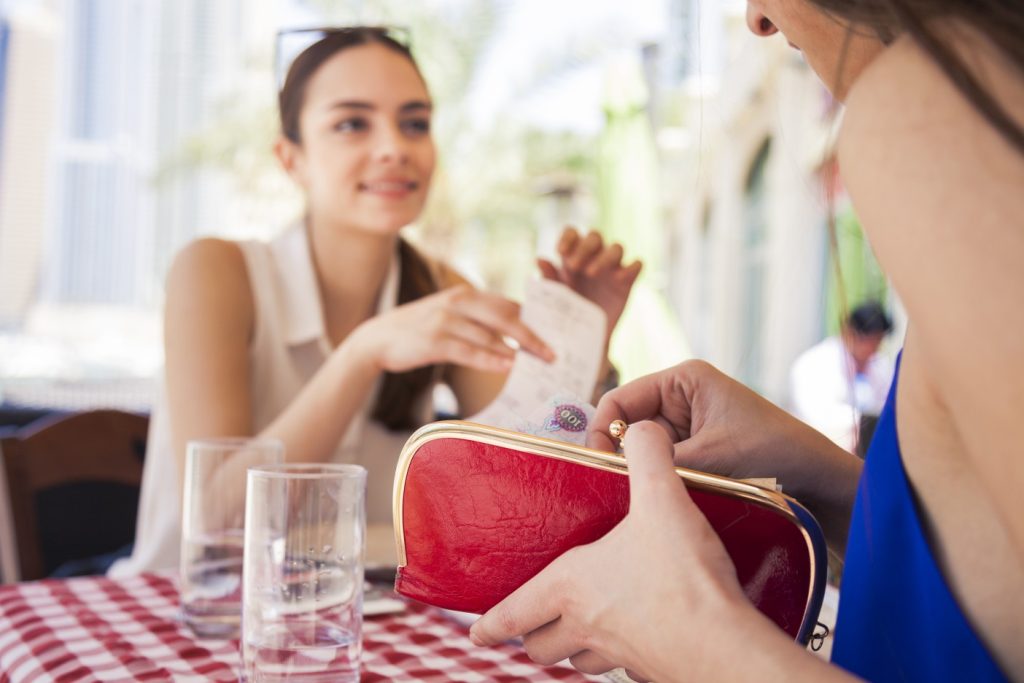Navigating foreign currencies and budgeting effectively while traveling can be a significant challenge, often leading to unforeseen expenses and financial strain. One common pitfall that catches many travelers off guard, especially in restaurants abroad, revolves around currency conversion and hidden costs. Travel expert Mark Wolters, known for his insightful travel tips on his YouTube channel, Wolters World, highlights crucial budgeting mistakes and offers practical advice to avoid them. Understanding exchange rates, being mindful of seemingly complimentary services, and strategically managing currency exchange are key to maximizing your travel budget.
A fundamental aspect of smart travel budgeting lies in grasping the nuances of exchange rates. Recognizing the true cost of items in your home currency can significantly impact your spending decisions. Wolters emphasizes the importance of calculating the actual value of purchases to avoid overspending. For example, a seemingly innocuous £3 coke in England could equate to $5 in the US, a realization that might prompt travelers to consider more budget-friendly alternatives like tap water or supermarket purchases. This awareness empowers travelers to make informed choices and avoid unnecessary expenses that can quickly accumulate.
Beyond exchange rates, another common misconception, particularly for American travelers accustomed to complimentary refills and services, is the assumption of free amenities abroad. Wolters cautions against this assumption, emphasizing that practices like free refills are not universal. While restaurants in England and Wales are legally obligated to provide free tap water, this is not the case in Northern Ireland or many parts of Europe. Therefore, it’s crucial to inquire about the availability and cost of tap water or other services to avoid unexpected charges on your bill. This proactive approach can prevent unpleasant surprises and help you maintain control over your spending.
One of the most detrimental financial decisions travelers can make is exchanging money at airport kiosks. Airport exchange rates are notoriously unfavorable, often resulting in significantly less foreign currency for your money. Wolters strongly advises against this practice, recommending instead to utilize your local bank’s debit card at a bank ATM abroad. This strategy typically offers the most advantageous exchange rates and minimizes fees, allowing you to stretch your travel budget further. Banks have a vested interest in providing competitive rates to retain their customers, making this a reliable and cost-effective method for accessing local currency.
Furthermore, bank ATMs generally have lower fees compared to private ATMs, which can add up considerably over the course of a trip. By diligently seeking out bank ATMs and avoiding airport exchange services, travelers can significantly reduce unnecessary expenses and maximize the value of their money. This simple yet effective strategy can make a substantial difference in your overall travel budget, allowing you to allocate funds towards more enriching experiences.
In summary, mastering the art of travel budgeting involves a combination of awareness, strategic planning, and informed decision-making. Understanding exchange rates, questioning assumptions about free services, and avoiding airport currency exchanges are fundamental steps towards financial prudence while traveling. By adopting these practices, travelers can not only avoid common financial pitfalls but also maximize their travel budget, ensuring a more enjoyable and financially sustainable experience. Wolters’ straightforward advice provides practical tools for navigating the complexities of foreign currencies and optimizing your travel spending, empowering you to make the most of your adventures abroad.


